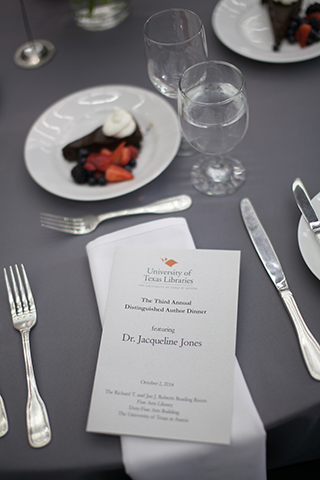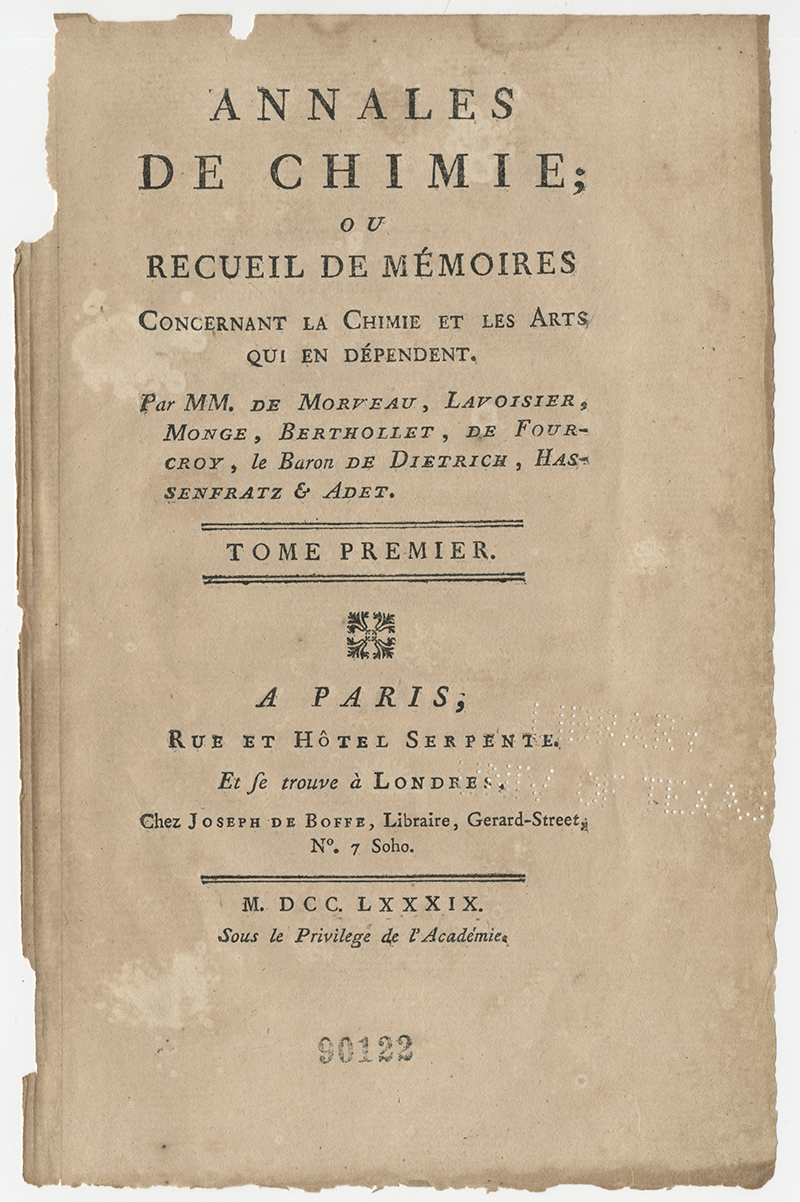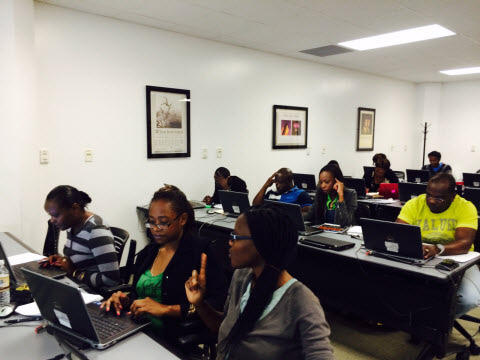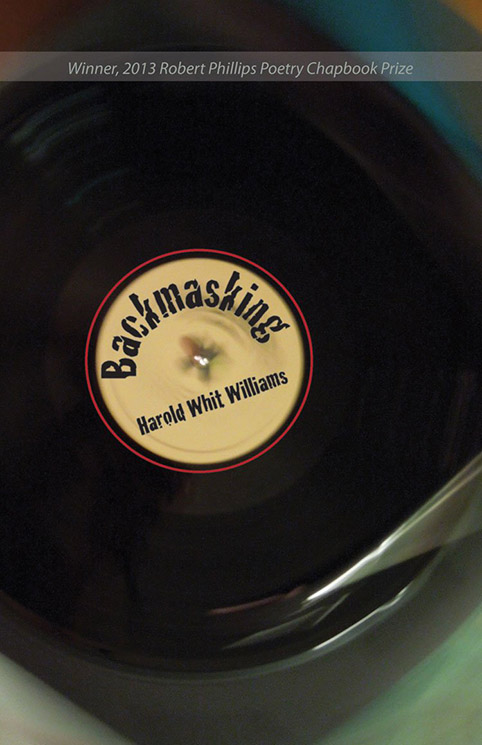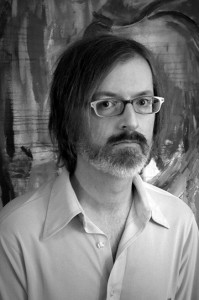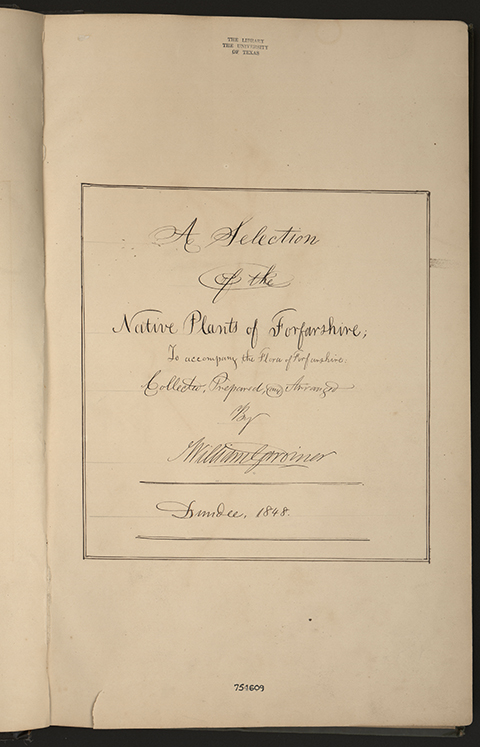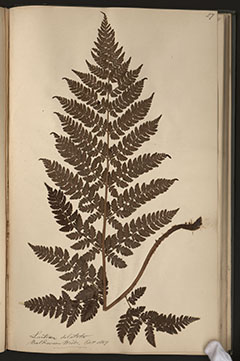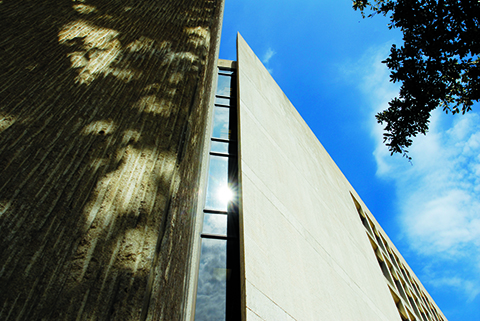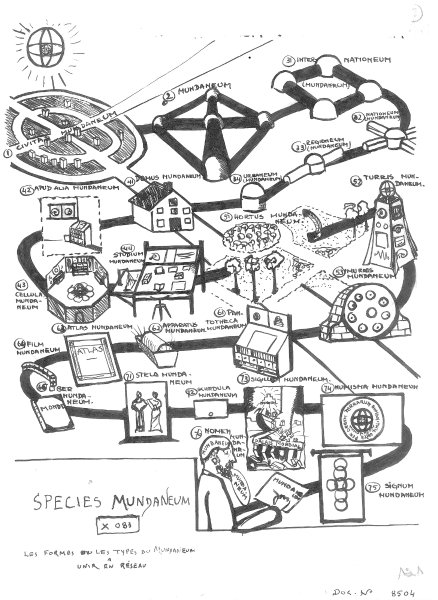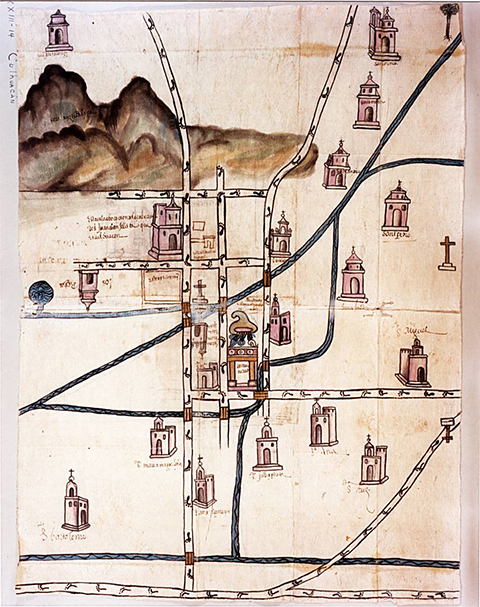Earlier this month, the Libraries hosted a Pulitzer Prize finalist for its third annual Distinguished Author Dinner.
Jacqueline Jones — who has earned accolades for her book A Dreadful Deceit: The Myth of Race from the Colonial Era to Obama’s America, — spent the evening before a rapt full house of University of Texas Libraries supporters discussing her ideas on race as a social construct.
“The effects of this fiction have been devastating throughout history,” Jones recently told The Daily Texan. “The idea here is that this myth or idea has been a very powerful one in justifying the exploitation of [people of] African descent and other people as well.”
The thought-provoking talk provided attendees with ample fodder for discussion after Jones exited the dais.
Jones is Walter Prescott Webb Chair in History and Ideas and Mastin Gentry White Professor of Southern History at the University of Texas at Austin. She’s also the recipient of a MacArthur Fellowship and the Bancroft Prize for American History, among many other awards and distinctions. She’s author of Labor of Love, Labor of Sorrow (Basic Books, 1985) and Saving Savannah: The City and the Civil War (Vintage, 2009).
The Distinguished Author Dinner is an invitation-only event to acknowledge and thank major donors, advisory council members and friends for their support and interest in the Libraries.
In addition, it provides an opportunity to reinforce the Libraries role in teaching, learning and research, and to promote the outstanding research of world-class faculty on the campus of The University of Texas at Austin.
Past events have featured Hamilton Book Award winner for Scripting Jesus: The Gospels in Rewrite Dr. L. Michael White, and acclaimed author, library advocate and Texas favorite, Sarah Bird.
To become a Libraries donor and receive invitations to events like this one, please visit our online giving page.

